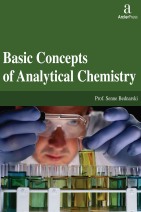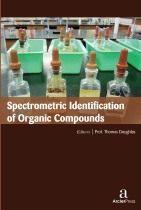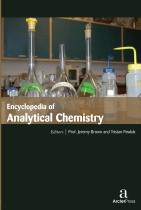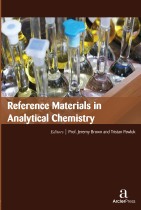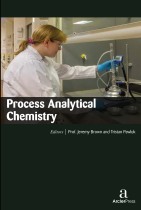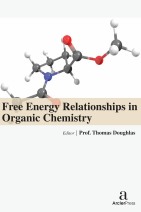Tab Article
Prof. Ramesh Chandra is an outstanding scientist, revered teacher and an exceptionally successful administrator. He is currently heading Department of Chemistry, University of Delhi, where he is serving as Professor for the last more than 26 years and Founder Director of Dr. B. R. Ambedkar Center for Biomedical Research, University of Delhi, since March 1991. He has been Vice-Chancellor, Bundelkhand University, Jhansi for six years (1999-2005); Member, Planning Commission, Government of U.P, India as well as the President of the Indian Chemical Society (2004-2006). Professor Chandra started his research career at the University of Delhi, thereafter he went to The New York Hospital-Cornell University Medical Center and the Rockefeller University, New York; State University of New York at Stonybrook, USA as Assistant Research Professor. He conducted advanced research at the Harvard University Medical School- Massachusetts General Hospital, jointly at MIT, Cambridge, USA. Over the last 38 years, Professor Chandra has contributed largely in the field of Chemical Sciences and particularly in New Drug Discovery and Development as well as Drug Metabolism. He has to his credit several patents, published more than 300 original Scientific Research Papers/ Review Articles in International journals of repute and six of his internationally acclaimed scientific Books. Prof. Chandra is the recipient of several professional national/ international recognitions; these includes: Millennium Plaques of Honor (Life Time Achievement Award for Contribution in Science & Technology) by the Indian Science Congress Association (ISCA) for 2017-2018, Award of the Highest Honor of Soka University, Tokyo, Japan (2000); J William Fulbright Scholarship (1993); The Rockefeller Foundation USA-Biotechnology Career Award (1993); and several others.
Snigdha Singh was born in India in the year, 1992. She received her B.Sc. degree in 2013 from Hindu College, University of Delhi and M.Tech. degree (Chemical Synthesis and Process Technologies) in 2016 from University of Delhi, India. Then she joined Prof. Ramesh Chandra group at Department of Chemistry, University of Delhi for her doctoral studies. She is involved in miscellaneous projects for development of novel hydroxyethylamine molecules as potent multistage Antimalarial. Her sincere efforts and excellent performance has culminated her into a keen researcher. Currently, she is working at University of Siena under the supervision of Prof. Maurizio Taddei on Synthesis of novel 8-hydroxyquinolines as Gli-1 Hedgehog Inhibitors. Her approach is well-organized and she is abreast with the current literature in her field of research. She has successfully optimized complex organic syntheses during her doctoral research. Apart from her own research work she has been helping in supervising a number of master and bachelor students. Her research efforts are directed towards the synthesis of bioactive heterocyclic molecules. She has already published 9 papers in international and national reputed Journals and also presented her work in many conferences.
Ms Aarushi is currently pursuing her PhD degree course in organic chemistry from Department of Chemistry, University of Delhi, Delhi, India. She is working on the project entitled 'Design, Synthesis and Biological Screening of Chiral Pyrazinoindoles as Potential Antibacterial Agent'.


